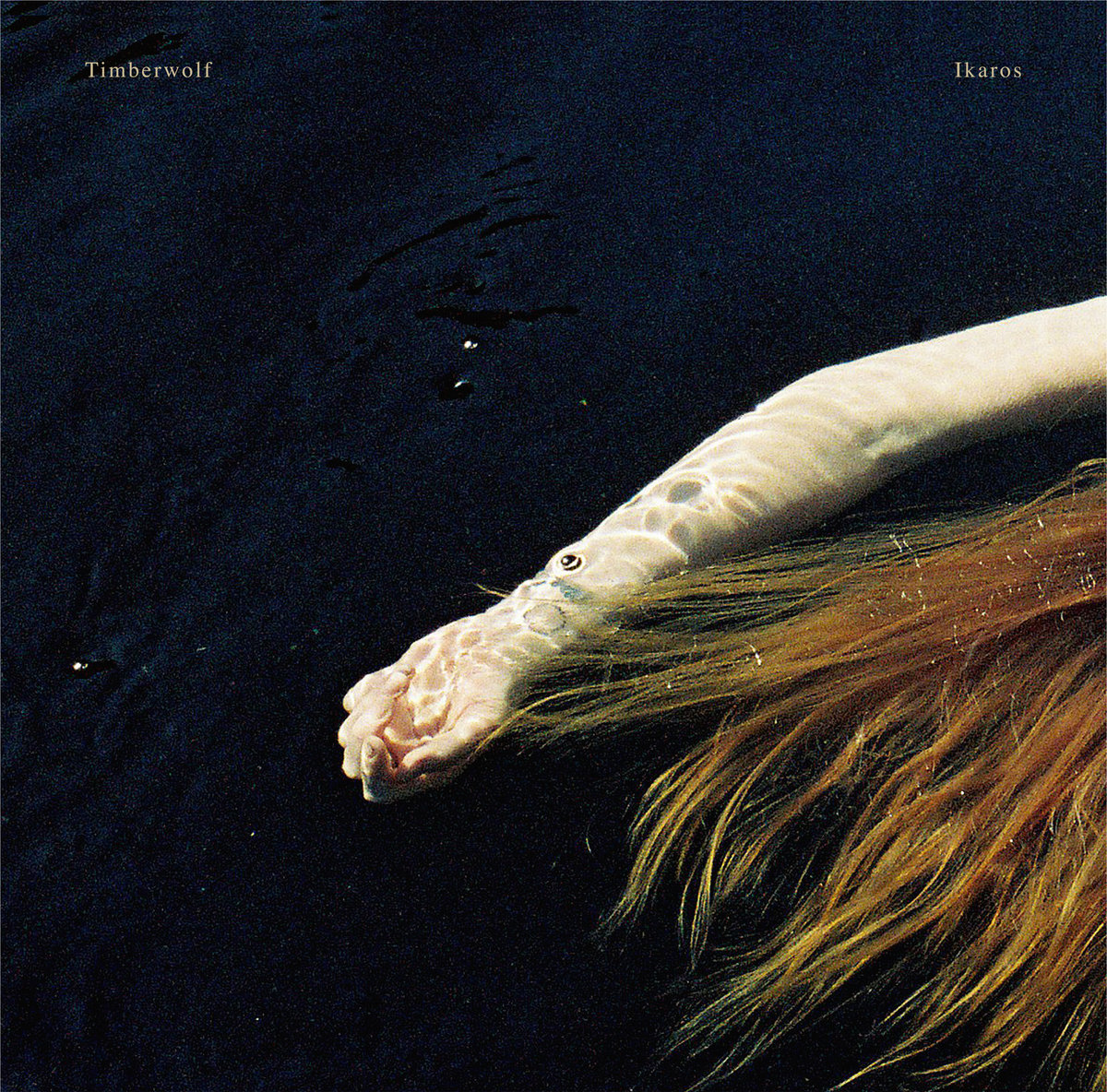If the two EPs he released in 2013 and 2015 saw Chris Panousakis roam amongst the moody banjos and torch song choruses of the post-2009 indie folk wilderness, on Íkaros all memories of Mumford & Sons are banished. “I actually had another album written that was really close to what the last EP sounded like — a lot of those straight up and down folk rock songs,” Panousakis explains. “Then I went to a writing camp in Somersby near Newcastle, and had this fucking awesome session with Oscar [Dawson] from Holy Holy, Jonathan Boulet and then Jackson Barclay who actually became my co-producer for the album.
“All these people did for me was show me a different way to show my truth, my skill set,” he says. “It was spurred on by this discussion on [pre-album single] Hold You Up — we were talking about hip hop drums and 12-string guitars, and whether you could marry the two. Jackson was just like, ‘Why don’t we just try it?’ I’d never had anyone help get me out of my head. I was so excited to be presented this clarity and opened mind for the first time in years that I completely scrapped the old record, and wrote from those few songs onwards.”
In its place, hip hop break-beats stutter under sinewy guitar and keyboard textures as sweeping melodies careen across songs that rarely feel the need to fit into familiar verse-chorus moulds. It’s unlikely that Fleet Foxes frontman Robin Pecknold and Kendrick Lamar’s bass wizard Thundercat will ever feel the need to collaborate, but in the meantime Íkaros offers an intriguing thought experiment of what they might create.
That newfound clarity also bled into the album’s words. “Another thing I was really inspired by was the mantra for the lyrics,” Panousakis says. “Instead of trying to bury the message deep behind as many metaphors and textures as you possibly can, I was trying to stick to the mantra ‘if you wouldn’t say it to someone, don’t write it’.”
The result sees him occasionally walk the line between blunt vulnerability and too-much-information-thanks, as on the album’s stripped back centrepiece Why Don’t You Love Me, where he sings: “I find your jumper in the laundry, your poems in my kitchen and I see your face when I touch myself”. When delivered via an arching falsetto that swoops down into grainy baritone however, any oversharing is easy to stomach.
 Íkaros
Íkaros
If the record’s long gestation sounds like a two-year unshackling process, having it finally heard outside his inner circle is another story. “It feels liberating,” he says. “So liberating. We’ve just been putting the songs together with the full band, and when you’ve been living with these songs for so long you go in cycles; one moment you’re sick of them, then you’ll fall back in love, then you’re mostly sick of them again.
“But one of the positives is that you’re so familiar with the songs that when you get together to finally make it sound like what you’ve put down onto vinyl, it takes shape because the songs have grown with everyone. Instead of rehearsing the part, you actually get to play and channel the energy of the song, rather than worry about where you’re putting your fingers.”
Although a solo project, Timberwolf and many of his live collaborators grew out of a particularly fruitful branch of Adelaide musical gene pool. A scene marked by a communal spirit in which songwriters happily take the backseat on drums or guitar in each other’s live bands, friends are fans, fans are friends and everybody crams into suburban backyards for intimate summer shows.
“I really liked growing up in that scene,” he reflects. “I’d probably call it a little bit of a nursery. As soon as you sprout out of the ground you’ve got people wrapping plastic around you and building a little greenhouse. A beautiful part of that is when you grow up having been in this culture for a few years and working with enough people on what was initially a bit of a blind, passion-driven pursuit, you can sit back and realise what parts of you came from where.
“That’s a really nice thing.”
Íkaros is out now
Get the latest from The Adelaide Review in your inbox
Get the latest from The Adelaide Review in your inbox